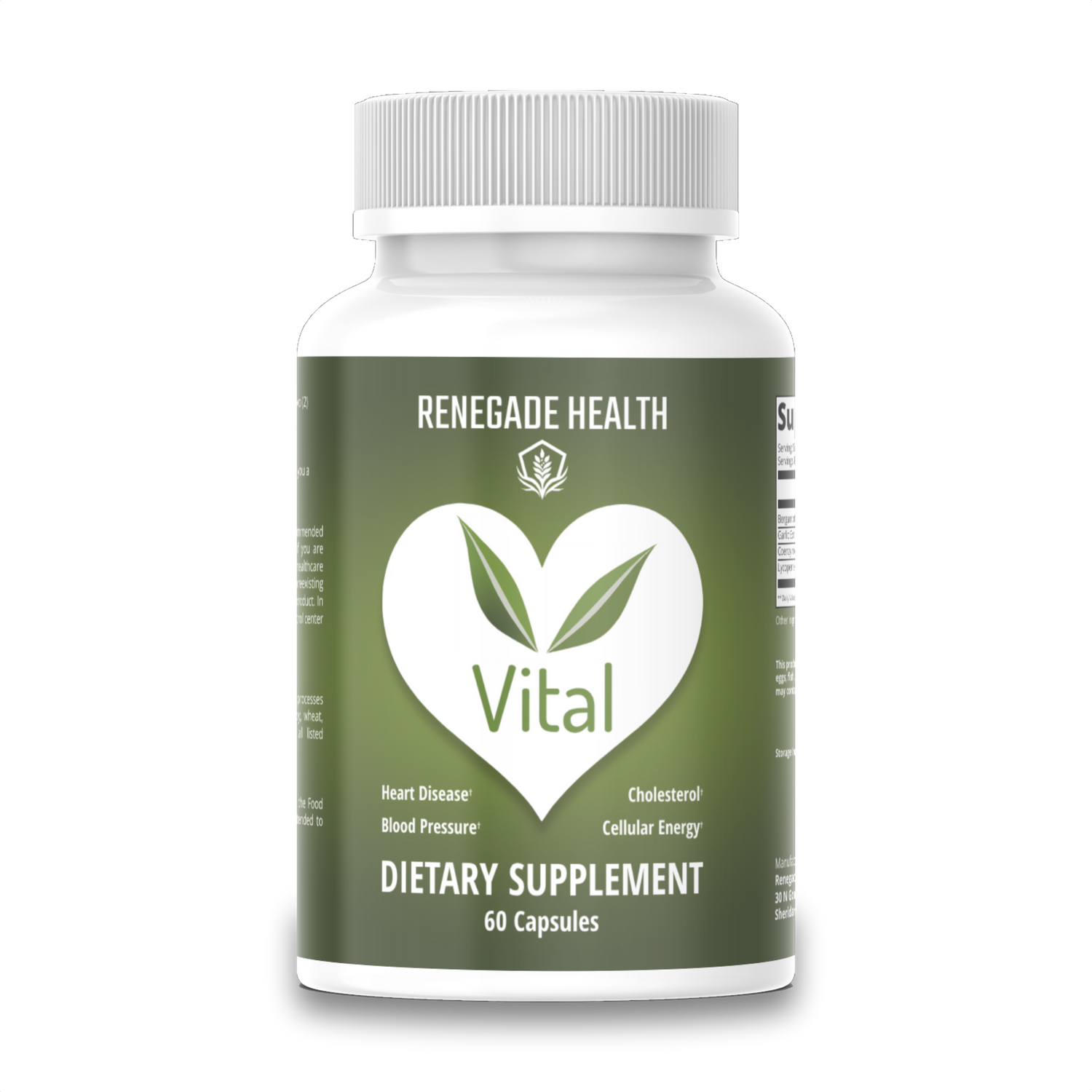
Understanding Atorvastatin (Lipitor)
What it does, what to watch for, and how to support your heart health naturally
What to Know About Atorvastatin (Lipitor)
Atorvastatin, commonly known by the brand name Lipitor, is a prescription medication used to help manage cholesterol levels. It belongs to a class of drugs known as statins, which work by blocking an enzyme involved in cholesterol production in the liver. By lowering LDL cholesterol (often called “bad cholesterol”) and triglycerides, while modestly raising HDL (“good cholesterol”), atorvastatin is widely prescribed to reduce the risk of heart attack and stroke.
Why Atorvastatin Is Prescribed?
Physicians typically prescribe atorvastatin for people who have:
- High total cholesterol or high LDL cholesterol
- A history of cardiovascular disease
- Type 2 diabetes with additional risk factors
- A family history of early heart disease
- Elevated triglyceride levels
It is also sometimes prescribed as a preventive measure for individuals at high risk of heart disease, even before any cardiac event has occurred.
Potential Side Effects of Atorvastatin
While many tolerate atorvastatin well, others report side effects. These may include:
- Muscle pain or weakness
- Fatigue or low energy
- Digestive issues such as constipation or nausea
- Memory issues or mental fog
- Elevated liver enzymes
- Joint pain
Rare but serious side effects include liver damage and rhabdomyolysis (a breakdown of muscle tissue that can damage the kidneys). Bloodwork is often required during treatment to monitor liver function and cholesterol response.

What to Discuss With Your Doctor
If you’ve been prescribed Lipitor or a generic version of atorvastatin, it’s worth having a thorough discussion with your healthcare provider. You may want to ask:
- How long you are expected to be on it
- What lifestyle changes you can combine with medication
- If there are natural alternatives that could support heart health
- How often you should monitor your bloodwork
- What to do if side effects appear
Lifestyle Factors That Support Heart Health
Medication is only one part of cardiovascular care. Key lifestyle changes that can complement or reduce the need for medication include:
- A diet rich in fiber, vegetables, and healthy fats
- Regular physical activity
- Stress management
- Quitting smoking and reducing alcohol
- Supplementation when appropriate

Considering a Natural Support Option
If you are concerned about the side effects of statins or want to support your heart health naturally, there are supplements formulated with ingredients studied for cardiovascular support. One option includes compounds like Citrus Bergamot, Coenzyme Q10, Lycopene, and Garlic Extract, each of which supports healthy cholesterol, blood pressure, and arterial function.
This combination is available in a 90-day supply under the name Vital, offered exclusively through Renegade Health. While no supplement should replace professional medical advice, Vital is designed for those seeking a gentler, research-backed approach to cardiovascular support.
